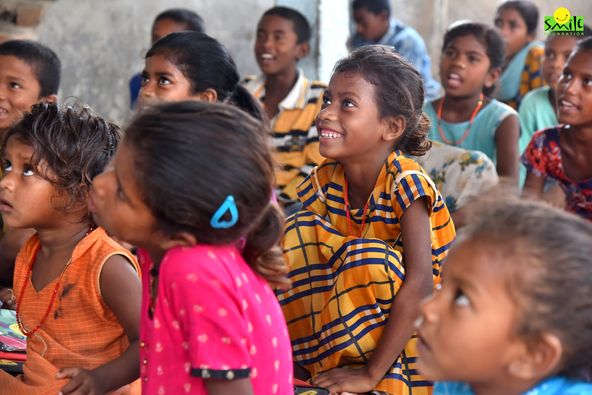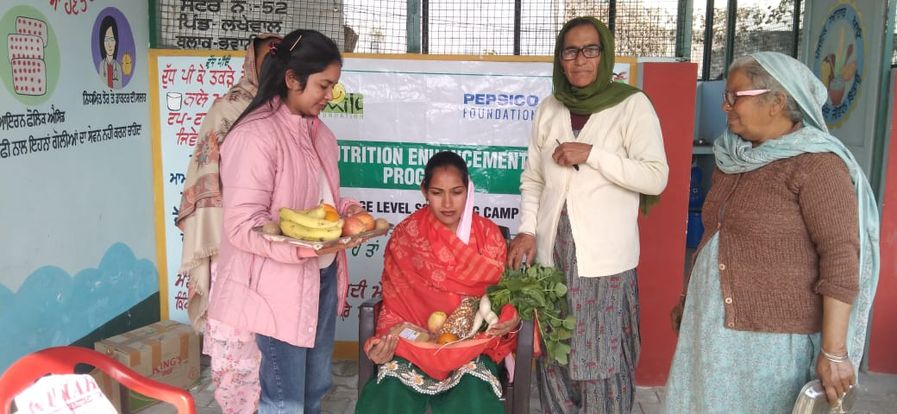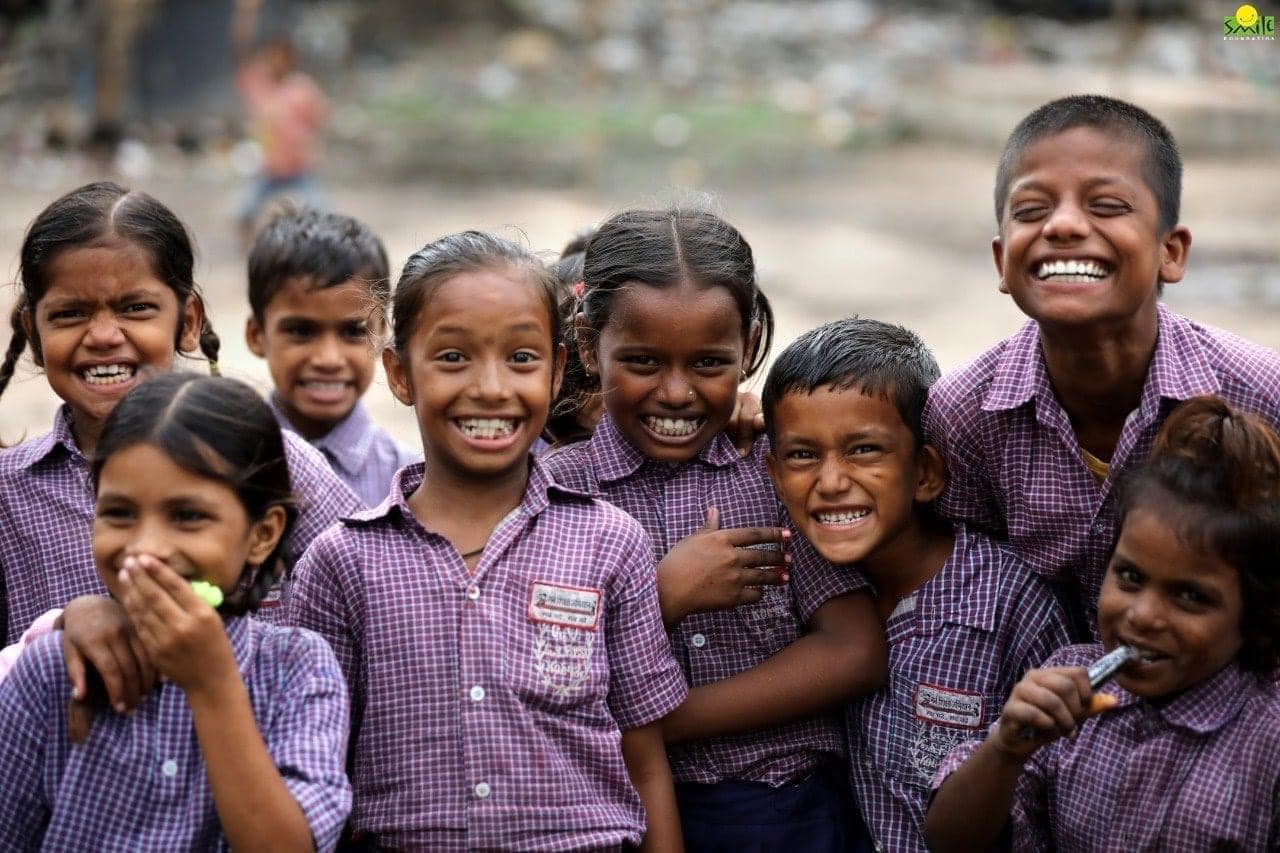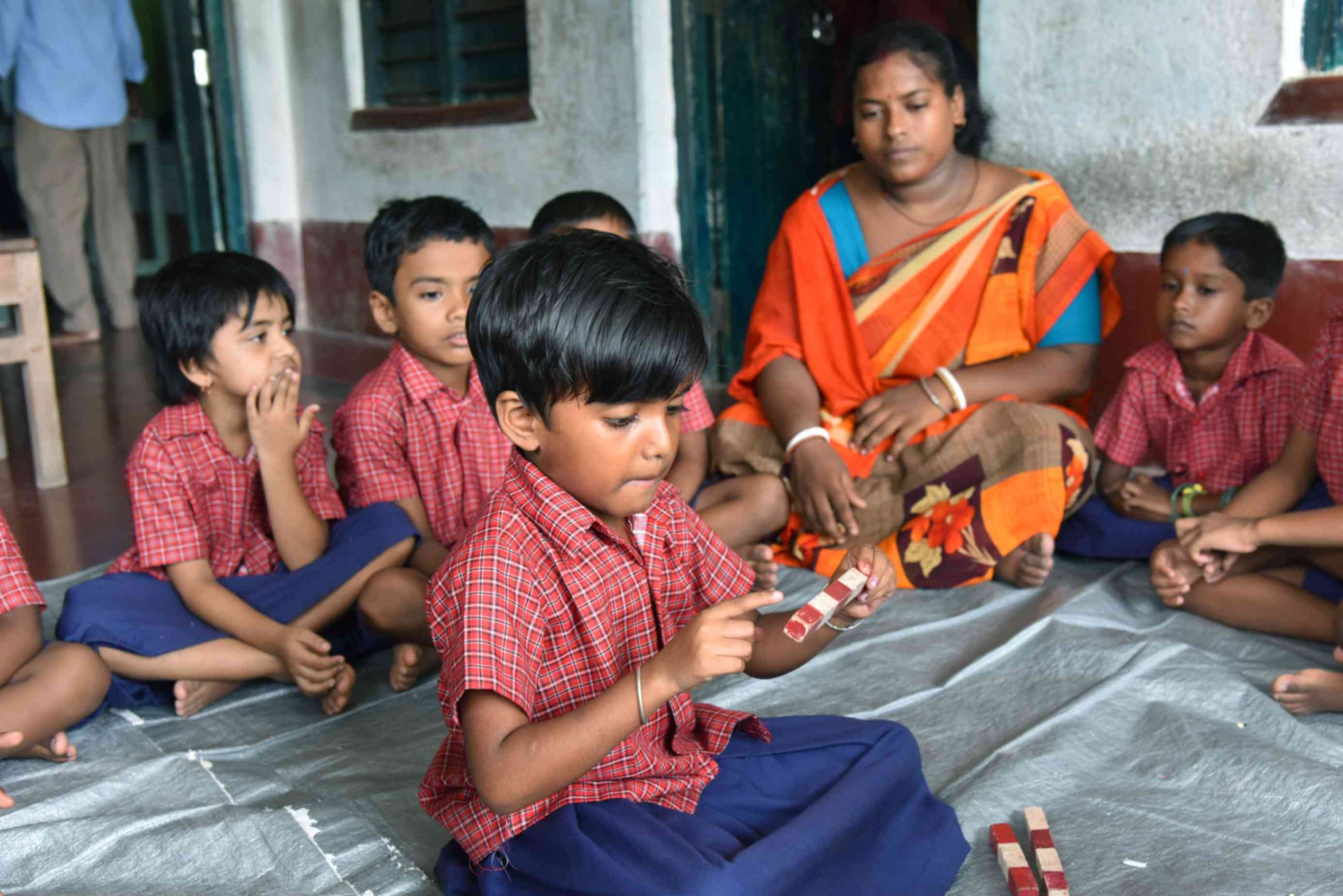Globally, there are an estimated 140 million orphans, and over 1 billion children are affected by violence, abuse, neglect, or exploitation. Many children experience the death of a parent before the age of 18. The loss of a parent or any of their confidantes can significantly impact a child’s life, affecting their academic performance, relationships, and mental health.
Children’s understanding of death varies based on their age and developmental level. Younger children may view death as temporary or reversible, while older children may understand that death is permanent and irreversible. However, regardless of age, children may struggle to comprehend the concept of death, leading to confusion, fear, and anxiety.
How Should I Talk to My Child about Death?
Talking to children about death can be challenging, but it is essential to provide them with honest and age-appropriate information. Here are some tips for talking to children about death:
- Use simple language. Use language that children can understand and avoid using euphemisms that may be confusing.
- Answer questions truthfully. Be honest in your answers, but avoid giving more information than the child is ready to handle.
- Encourage questions. Allow children to ask questions and answer them truthfully and patiently.
- Validate feelings. Acknowledge the child’s feelings and let them know that it is okay to feel sad or confused.
Explaining Grief Emotions to Children
It can be challenging to explain the complex emotions that children may experience when grieving. However, it is crucial to help children understand that their feelings are normal and that it is okay to express them. Here are some common emotions that children may experience during grief:
- Sadness
Feeling sad is a natural response to loss. Encourage children to express their sadness in healthy ways, such as through art, writing, or talking with a trusted adult.
- Anger
Anger is a common response to loss, and children may feel angry about the unfairness of the situation. Encourage children to express their anger in healthy ways, such as through physical activity or writing in a journal.
- Guilt
Children may feel guilty about things they said or did not say to the person who died. It is important to reassure children that they are not responsible for the death and to help them understand that it is normal to feel guilty.
- Confusion
Children may struggle to understand the concept of death, which can lead to confusion and anxiety. Encourage children to ask questions and provide honest, age-appropriate answers.
Grief Activities for Kids to cope with a Loss?
Helping a child cope with loss can be challenging. Grief can take a toll on a child’s mental health, and it’s important to help them cope with their feelings through grief activities for kids. However, there are some steps that parents and caregivers can take to support children through the grieving process. These include:
- Encouraging children to express their feelings: It is essential to create a safe and supportive environment where children feel comfortable expressing their emotions.
- Maintaining routines: Maintaining a sense of routine can provide a sense of stability and comfort during a time of upheaval.
- Providing physical comfort: Hugs, holding hands, and other forms of physical comfort can help children feel secure and supported.
- Honoring the deceased: Allowing children to participate in memorialization activities can help them process their grief and honor the memory of their loved ones.
Books and Grief Activities For Kids
Grief activities for kids can be a helpful way to process their grief. Encourage them to express themselves through art, music, or writing. Books can be a valuable tool in helping children process their grief.
Reading books together can provide a way to initiate conversations about grief and can help children understand that they are not alone in their feelings. Here are some recommended books that can support children’s healing process:
- “The Invisible String” by Patrice Karst
- “The Heart and the Bottle” by Oliver Jeffers
- “I Miss You: A First Look at Death” by Pat Thomas
- “Lifetimes: The Beautiful Way to Explain Death to Children” by Bryan Mellonie and Robert Ingpen
- “When Dinosaurs Die: A Guide to Understanding Death” by Laurie Krasny Brown and Marc Brown
Child Grief Stages
It’s important to understand the different stages of grief that children may experience. They may feel shock, denial, anger, guilt, depression, or acceptance. Each child may experience these stages in their own way and at their own pace. It’s important to be patient and supportive during this time.
Child Grief Counseling Techniques
Child grief counseling can be an effective way to help children cope with their grief. It can help them identify and express their feelings, learn coping strategies, and build resilience. Some techniques that may be used in child grief counseling include play therapy, cognitive-behavioral therapy, and art therapy.
How Do You Comfort A Grieving Child?
Comforting a child experiencing the loss of a parent can be challenging. Providing support and being available to listen to the child’s concerns is important. It is crucial to use age-appropriate language when discussing the loss and acknowledging the child’s feelings. Reassuring the child of their value and providing physical comfort such as hugs or holding hands can also be beneficial. Encouraging the child to take care of themselves through exercise or mindfulness practices can help them in processing their grief.
Comforting a grieving child can be challenging, but it’s important to show them that they are not alone. Here are some tips on how to comfort a grieving child:
- Be available to listen and provide support.
- Use age-appropriate language to explain what happened.
- Validate their feelings and let them know it’s okay to express them.
- Provide physical comforts, such as hugs or holding hands.
- Encourage them to engage in self-care activities, such as exercise or meditation.
- Seek professional help if needed.
Empowering Underserved Children Through Education
Mission Education, the flagship programme of Smile Foundation, aims to empower poor kids by offering them support with their education, nutrition, and wellness. We understand that grief can have a profound impact on a child’s life, which is why we incorporate sessions that focus on the mental well-being of children.









